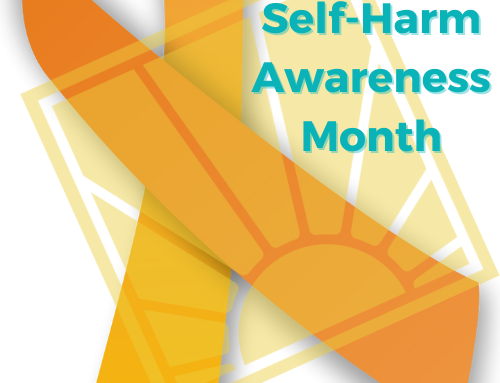One of my first jobs out of college was at a “sports rehabilitation facility” for young men convicted of serious crimes. Though the emphasis of the facility was on sports-based therapies (I was a “coach” and the young men were “athletes”) there was no getting around the fact that this place was essentially a prison. My athletes ranged from career marijuana farmers to car thieves to violent criminals. As such, they needed constant supervision.
Bad Habits That Ruin Sleep
As a new coach, one of my duties was to stay up all night and guard the barracks where the young men slept. Every fifteen minutes I checked each bed with my flashlight to make sure none of my 30 athletes had escaped into the rattlesnake-infested Nevada Desert that surrounded us. Then, at 6 AM sharp, I roused my athletes and supervised their showering, dressing, eating, morning workout, and military-style march to class.
From nine A.M. to four P.M., while my athletes were in school, I did my best to sleep on the floor of a hot, shutterless office. At four I slammed a cup of coffee and groggily supervised the afternoon workout, dinner, and preparation for bed. Then it was another six hours of nighttime bed checks. Athletes and coaches alike were fueled by copious amounts of instant coffee to make up for (and, ironically, exacerbate) our mostly sleepless days and nights.
Sleep Deprivation: A Slow Descent
Depression and anxiety were rampant among the athletes and, I realize in retrospect, among the staff as well. During my rounds at night, those athletes who were able to successfully nod off audibly ground their teeth, emitting loud, staccato chirps. At first, I thought my barrack was infested with crickets. During the day these tough young men were prone to fits of rage, and fits of tears.
Though our strict daily regimen kept them externally under control, I could see that this setting did not have the rehabilitative effect it aspired to. In fact, it was clear that both the athletes and my fellow coaches descended, week by week, into an increasingly fragile, low-functioning state. Some shutdown. Others became mildly paranoid or aggressive. I found myself spiraling into a depression I didn’t understand, dreading my shift a little more with every passing week and feeling, at times, a bit crazy.
Once I left that job and had a few weeks of normal sleep under my belt, I felt fine again. Only years later did I come to understand what had triggered my depression. It was simple sleep disruption. The fact that nobody at the facility was getting adequate amounts of quality sleep meant that everybody was suffering the effects of sleep deprivation, which can include depression, anxiety, symptoms of ADHD, cognitive impairment, and emotional instability. Six months after I left, the facility was investigated for serious lapses in safety caused, I now believe, by institutionalized sleep deprivation.
Sleeplessness: Cause or Effect?
When I was working at the facility in the late 90’s, most mental health clinicians (including those on staff at the facility) viewed insomnia and other sleep disturbances principally as symptoms, not causes, of mental illness. As such, ensuring a good night’s sleep was at best a secondary concern rather than a primary treatment modality. Only recently have researchers come to understand that sleep disturbance can actually cause mental illness. Unlike the classic chicken and egg conundrum, this “which comes first” question has profound implications.
Specifically, it means that proper sleep is a prerequisite for good mental health. It also means that in many cases preventing and treating psychiatric and psychological issues may be as simple (or complicated) as getting a good night’s sleep. Poor quality or inadequate sleep is now being correlated with the onset of depression, anxiety, ADHD symptoms, cognitive and memory impairment, and PTSD symptoms. Sleep is still viewed as symptomatic of these disorders, but it is now also viewed as an accelerator and even a root cause of these problems in many cases.
Why is this Good News?
What all of this means to practitioners, patients, and parents, is, quite simply, that sleep is often the best medicine. So can a good night’s sleep cure mental illness? The answer, it appears, is “sometimes.” Understanding sleep disturbance as a potential cause of mental health concerns instead of just a symptom should compel us to put it at the top of the list of treatment priorities.
Ruling sleep disorders into or out of the causative equation can not only help us determine the most effective course of treatment, it can also help prevent the misdiagnosis or over-treatment of disorders that are caused or exacerbated by poor sleep patterns. Patients, parents, and practitioners should always evaluate sleep as a part of mental health diagnostics prior to prescribing treatments.
Schools, psychiatric practices, residential treatment facilities, and even correctional facilities like the one I worked at early in my career can maximize their outcomes only to the extent that they make sleep an institutional priority. Looking back, it’s conceivable that even my ill-fated “sports rehabilitation” experience could have been a positive one had schedules, sleeping arrangements, cafeteria options, coffee selections (decaf, please), and treatments been focused on quality sleep for everyone involved.

